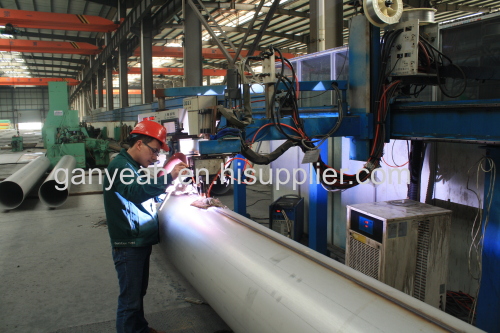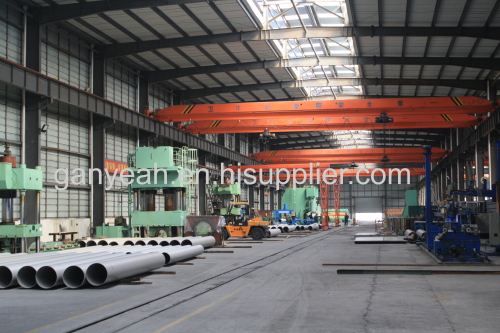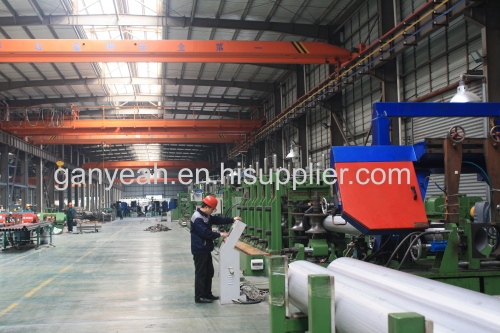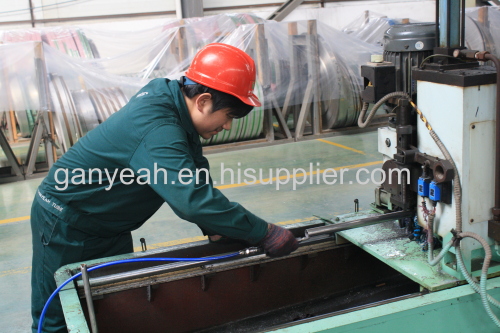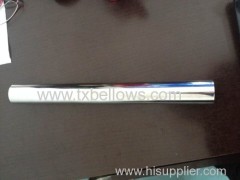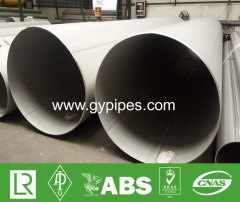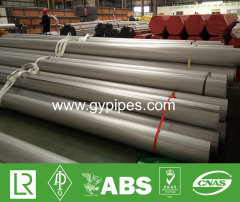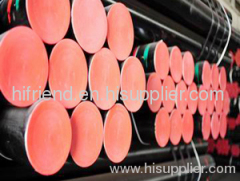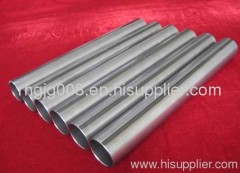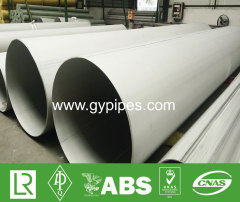
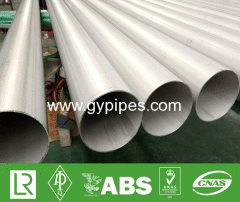
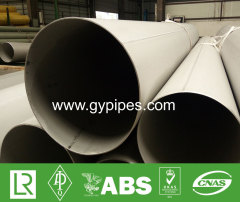
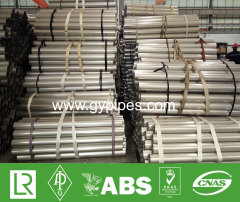
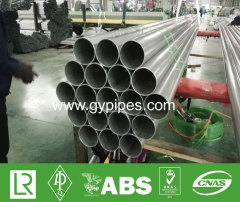
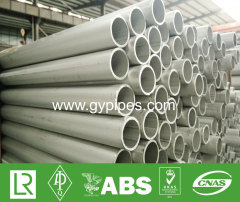
Schedule 40 Stainless Steel Pipe
| Min. Order: | 500 Kilogram |
|---|---|
| Trade Term: | FOB,CFR,CIF,EXW |
| Payment Terms: | L/C, D/P, T/T |
| Supply Ability: | 2000Ton/Month |
| Place of Origin: | Zhejiang |
Company Profile
| Location: | Lishui, Zhejiang, China (Mainland) |
|---|---|
| Business Type: | Manufacturer, Trading Company |
Product Detail
| Model No.: | 730640 |
|---|---|
| Means of Transport: | Ocean, Land |
| Brand: | Ganyeah |
| Grade: | SUS 304/304L/ 316L/347H/S32205/S32750 |
| Standard: | Astm a312/Astm a778/Astm a554/Astm a249/JIS G3463 |
| Inspection: | UT, ET, HT, RT |
| Section Shape: | Round |
| Certification: | API 5LC,DNV•GL, ABS, TUV, LR. |
| Length: | 6 m or as customers' request |
| Surface: | Pickling,annealing,polishing,bright |
| HS Code: | 730640000/730611000 |
| Origin: | China |
| Production Capacity: | 2000Ton/Month |
| Packing: | Plastic, Wooden Case, Others Seaworthy Packing |
| Delivery Date: | 15days |
Product Description
Stainles Steel Tubing/Schedule 40 Stainless Steel Pipe, on the other hand, is typically produced to tighter tolerances and designed for consistent mechanical and structural properties. To further complicate matters, tubing can be manufactured to pipe size dimensions, and some companies market pipe to the fence industry as "fence tubing!" The thickness of a tube's wall is normally described as a gauge. A specific gauge is consistent regardless of tube OD (outside diameter).
Name Dim. Thickness
1" x schedule 5 pipe 1.90" .065"
1" x schedule 40 pipe 1.90" .145"
2"x schedule 10 pipe 2.375" .065"
2"x schedule 40 pipe 2.375" .154"
1/8" OD x 18 gauge tube 1.88" .049"
2"OD x 16 gauge tube 2.00" .065"
Let's look at a typical example...
Simon needs to buy a pipe-notching tool. When Simon calls and asks for a "2-inch pipe notched," there are actually many different sizes that could possibly fit this description, as shown above.
This is only a partial list! You can see that all of the materials listed are about 2 inches, but depending on the tolerance and precision of the tool or mating part, describing all of them as 2-inch pipe is bound to cause problems.
So, given all the possible tube and pipe sizes and all the various names used to describe them, how is the average person supposed to keep it all straight, Whether you think your material is tube or pipe, when describing it, remember these key points:
Is a dimension OD (outside diameter) or ID (inside diameter)?
Is the dimension precise, (taken with a micrometer or calipers)?
Is the dimension approximate, (taken with a tape measure, eyeballed, etc.)?
What is the wall thickness/schedule/gauge?
